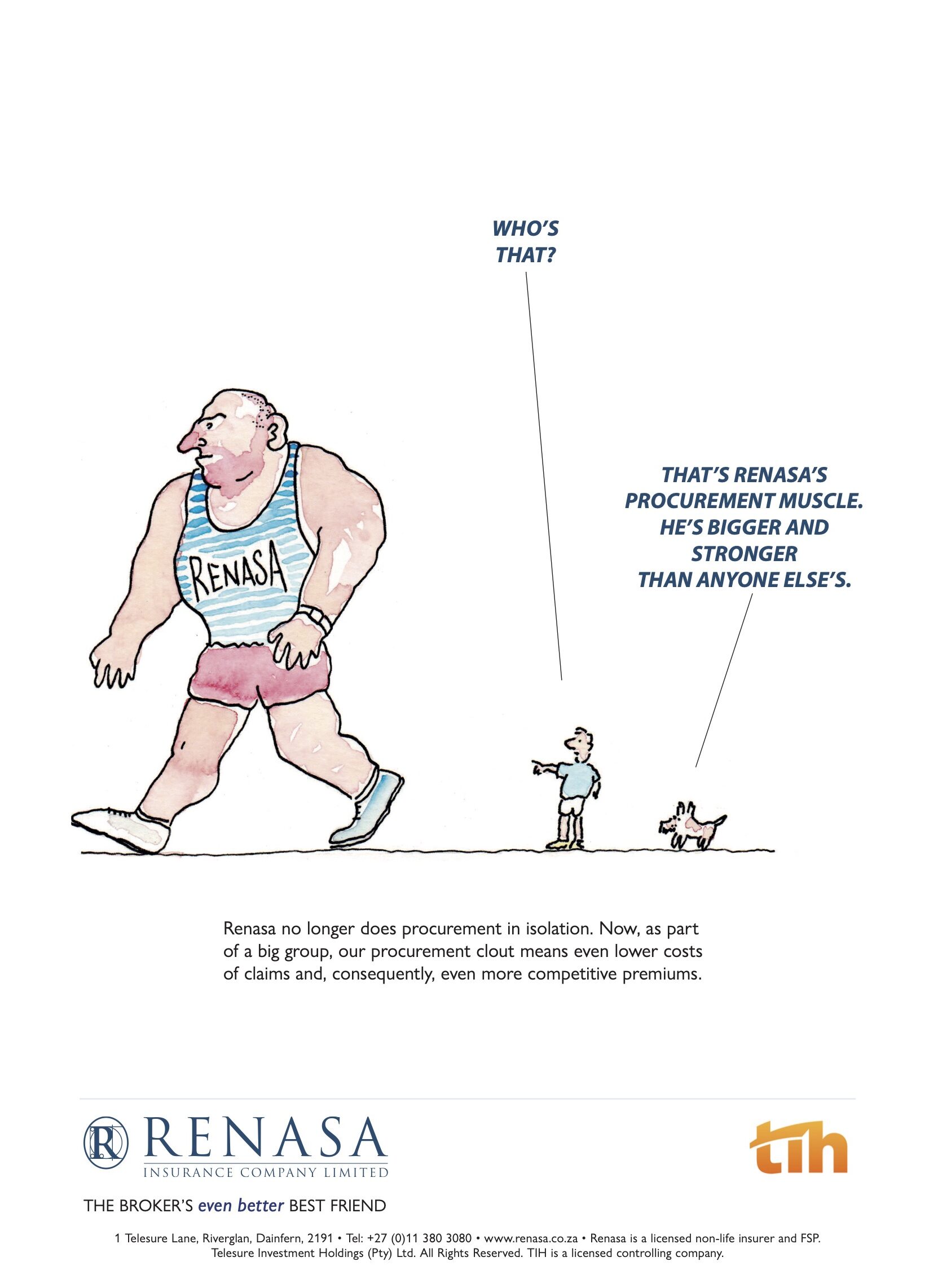By Elliot Schwartz, Founder and Principal · Elliot Schwartz Consulting
Marketing is often a world full of buzzwords, and one of the most frequently misused terms is “strategy.”
I’ve seen countless businesses talk about strategy, but when you ask them to define it, what you often get is a description of a planning process. There’s nothing wrong with that, but we need to dig deeper into the purpose of strategy, particularly in marketing. Strategy is about delivering consistent profitability—getting your customers to choose you over the competition and ensuring that decision is sustained over time.
Marketing is not just about selling a product. It’s about creating the conditions that allow a business to sell effectively. Customers don’t buy products they don’t understand, and they certainly don’t buy from people they don’t trust. That’s where strategy steps in. It’s about aligning your business to consistently meet customer needs in a way that differentiates you from others. Whether through a unique product, a customer-centric approach, or a targeted focus on a specific customer group, differentiation is essential.
Understanding Customer Needs
To understand marketing’s role in strategy, let’s start by acknowledging this: people don’t buy products for their own sake. Products are merely a means to an end. For instance, airlines sell seats on planes, but customers are buying transportation from point A to point B. Similarly, insurance is a tool to mitigate risk, and no one truly wants to buy insurance—they need it to protect their assets. It’s crucial to understand why customers need your product and how it satisfies their specific needs.
The next step is understanding why they should buy it from you. There are generally three ways to differentiate yourself: through unique products, how you do business, or by owning a specific type of customer. Unique products are rare in most industries, including insurance, where many offerings are commoditised. So, you can stand out through exceptional service or by building a strong relationship with a specific customer segment. PPS, for instance, focuses on degree-holding professionals, owning that customer group by delivering tailored products that meet their specific needs. Their focus is on customer lifetime value, which means fostering long-term loyalty.

Renasa has always been the broker’s best friend.
Our entire business focus is exclusively on helping our intermediaries outcompete their competitors.
Now, as part of TIH, South Africa’s powerful insurance group,
we commit to do even more for our brokers.

Renasa has always been the broker’s best friend.
Renasa no longer does procurement in isolation. Now, as part of a big group, our procurement clout means even lower costs of claims and, consequently, even more competitive premiums.
Renasa is a licensed non-life insurer and FSP. Telesure Investment Holdings (Pty) Ltd. All Rights Reserved. TIH is a licensed controlling company.
Executing the Right Strategy
The hardest part of strategy is not deciding what to do but what not to do. You can’t go down multiple roads at once. Businesses must make hard decisions and sacrifice one opportunity to excel in another. This applies regardless of the size of your business—whether you’re a large corporation or a small broker. You need to focus on doing one thing exceptionally well.
For example, Renasa Insurance, a company I’ve advised for over two decades, built its business by focusing on one key segment: independent intermediaries. While their products may be similar to those of other insurers, their differentiation lies in how they serve brokers. Renasa developed a strategy centered on understanding and supporting independent intermediaries with technology and personal service. We didn’t have a large marketing budget, so we focused on being consistent in our messaging, advertising consistently with key trade media outlets to ensure brokers knew who we were and what we stood for.
The Value of Consistency
One of the biggest mistakes businesses make is constantly changing their marketing. Often, marketing managers or directors feel the need to put their personal stamp on the brand by revamping campaigns, logos, or slogans. While it may seem like a quick win, all it does is reset the hard-earned brand equity and trust you’ve built. Instead, consistency is key. It takes time to build trust with your audience. At Renasa, we’ve been using the same cartoon characters, Archie and Roger, in our advertising for 20 years. It’s a strategy that has helped us build strong recognition in the insurance market, particularly with brokers.
In the end, brand building is not a short-term activity. It’s about staying in the market consistently, not trying to time it. You need to hammer your message home over time in a way that resonates with your audience. While digital platforms have made it easier to test messaging and get immediate feedback, the fundamentals of marketing haven’t changed. Customers need to know you, understand your offering, and trust that you’ll deliver on your promises.
Conclusion
The fundamentals of strategy and marketing remain the same, even in an environment filled with new platforms and evolving tools. As businesses, we need to be clear on our unique value proposition, differentiate ourselves from competitors, and consistently deliver on that promise over time. For brokers and small businesses, focusing on what you do best and sticking with it will yield far better results than constantly chasing the latest trend or trying to be all things to all people.
In today’s marketing landscape, those who succeed are the ones who combine a clear strategy with a relentless focus on execution. The world may change, but the principles of business success remain the same: deliver value, earn trust, and stay the course.

